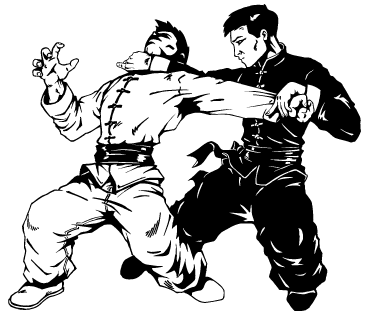I am 40 years old today.
When I was growing up, 40 was the official over-the-hill birthday. A 40th birthday party involved novelty canes, ear trumpets, black armbands, walkers and other unfunny, made-to-be-thrown-away crap that occupied a dedicated shelf at Spencer’s Gifts. It still does, somewhat, but as I’ve aged I’ve noticed that culturally, we have tacitly agreed to move back the point beyond which “it’s all downhill from here.” As more Baby Boomers edge closer to the abyss, we have grown less willing to draw the line at which we must admit to ourselves that we are, finally, old.
I am a bit unsure of what to make of it all. Statistically, the odds are that my life is more than half over. When I think of all the things I would like to have done by this age – mostly involving writing and traveling, neither of which I’ve done to anything like the extent I once hoped – I am torn between two competing realizations: that youthful dreams rarely come true and mostly aren’t even meant to, and that I have squandered too much of the only existence I will ever have.
How badly should I feel that I have never lived abroad (well, apart from that semester in college), written a novel or been to Italy? That I work in the corporate world and have often substituted workplace ambition for personal or artistic goals? Is there any point in regretting the many mistakes I’ve made — situations where I sacrificed my happiness for someone else, gave into fear and laziness or knowingly made a bad decision to spare someone’s feelings?
I tell myself that any mistake is worth making as long as I learn from it. I tell myself that it is never too late to do the things that matter to me: to live in a place I don’t know, to use my talents for my own ambitions rather than for my bosses’, to live a life I will be grateful for once it’s over. I think these are valid views — but I would, wouldn’t I?
Shortly before he died, Christopher Hitchens said, “You have to choose your future regrets.” We can never fulfill all our dreams — not if our dreams are worth the name. I haven’t fulfilled all that many of mine. But I do have a beautiful, intelligent and fantastically talented woman to share my life with; reasonably good health; and that persistent, nagging urge to do something more than show up to a job every day — to make something lasting that reflects who I am.
Yes, I wish I had more time ahead of me. But do I wish I were younger? Not a chance. What wisdom I have has been very dearly bought. I wouldn’t rather be anywhere else than where I am today.
Happy birthday? Why, yes it is, thank you.




